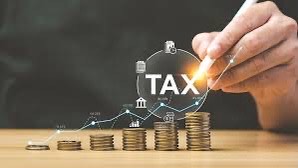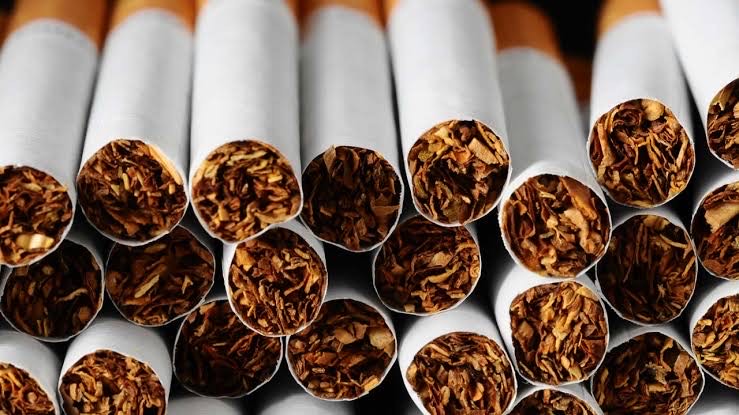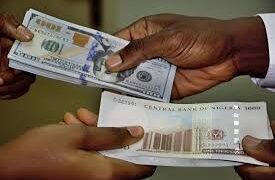The Nigerian Federal Government has disclosed that a new tax structure for tobacco will come into effect from June 1, 2022. Fatima Hayatu, the Director of Technical Services at the Federal Ministry of Finance, made this announcement during a meeting with the Civil Society Legislative Advocacy Centre (CISLAC).
Okeke Anya, as the Programme Manager on Democratic Governance, headed the Tobacco Taxation Working Group of the organization.

Hayatu emphasized the influence of the tobacco industry, ensuring that the ministry is dedicated to curbing the illegal distribution of these products in the market. She indicated that efforts are underway to collaborate with relevant parties to establish a robust track and trace system.
The government plans to establish a tobacco tax working group to analyze the strategies adopted by other ECOWAS countries.
The director mentioned that the tax on a cigarette stick has increased from N2.90kobo to N4.20kobo.
This adjustment corresponds with the ECOWAS recommendation of 0.02 cents per cigarette stick, equivalent to N8.40kobo at the current exchange rate.

“However, it was agreed to compromise on the recommendation by setting it at N4.20kobo starting from 2022.
“In 2023, an additional 50kobo will be included, making it N4.70kobo, and in 2024, a further 50kobo will be added, bringing it to N5.20kobo.
“This is directly tied to the recent rise in the Ad Valorem from 20% to 30%. The tax increase is gradual and currently under review.”
“The escalated taxation will not only apply to tobacco products but also to shisha and similar items, as well as the equipment used for their consumption.
“Shisha will incur a tax of N3,000 per liter, N1,000 per Kg, with an annual increment of N500,” disclosed Hayatu.
Anya, in his statement, urged the Federal Government to encompass shisha pots and other electric smoking devices within the new tobacco taxation system.
The CISLAC representative highlighted that this move would reduce their demand and boost the national revenue.
“Tobacco usage severely impacts the health of Nigerians,” he emphasized, underlining the necessity for it to be heavily taxed as a luxury item.
“The raised taxes will serve as a means to generate income. Many countries follow this model because tobacco consumption is considered a luxury, not a necessity,” he added.
Anya insists that citizens should be informed about which tobacco products have fulfilled their tax obligations and their origins.
From: Amadi Vincent Uzoma


































